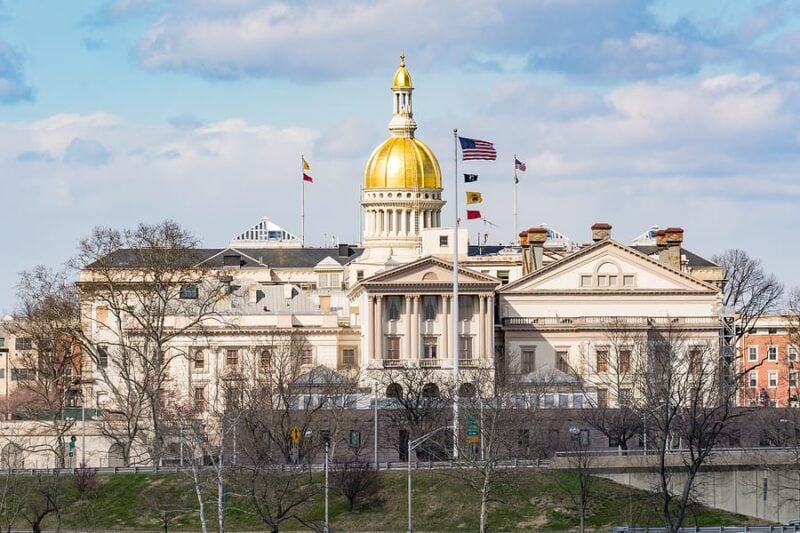TRENTON, NJ — Governor Phil Murphy signed a package of bills Wednesday affecting health care procedures, licensure compacts, and service credit for military and police academy graduates, while conditionally vetoing legislation on sober living residences and public brawls.
Among the new laws, one measure establishes specific guidelines for step therapy protocols within the State Health Benefits Program (SHBP), the School Employees’ Health Benefits Program (SEHBP), and Medicaid. The bill, introduced as A-1825/S-3533, seeks to regulate the order and process by which patients must try specific treatments before accessing alternatives.
Another law, A-2813/S-2688, formally enters New Jersey into the Social Work Licensure Compact, enabling licensed social workers to practice across state lines without requiring additional licenses. The measure was sponsored by Assemblymembers Greenwald, Reynolds-Jackson, and Speight, with Senate sponsors McKnight and Gopal.
Governor Murphy also signed legislation revising oversight and regulations in the mortuary science profession, through bill A-3940/S-1635, as well as A-4751/S-3606, which allows service credit purchase for certain military and law enforcement academy trainees in the State Police Retirement System (SPRS).
A symbolic resolution, AJR-211/SJR-149, was also enacted, designating May 18 annually as Six Triple Eight Day in New Jersey, honoring the historic World War II 6888th Central Postal Directory Battalion of the U.S. Army.
Key points
- Governor Murphy signed five bills into law, covering health plans, licensure compacts, and military service credit
- Two bills received conditional vetoes, including one regulating sober living residences
- New Jersey now officially recognizes May 18 as Six Triple Eight Day
Governor issues conditional vetoes
Governor Murphy conditionally vetoed A-4535/S-2952, which would have regulated cooperative sober living residences and allocated $100,000 in funding. His veto statement indicated concerns about the bill’s regulatory scope and fiscal implications.
Also vetoed was A-4652/S-3507, which proposed establishing a new offense for inciting public brawls and enhancing penalties for certain forms of disorderly conduct. Murphy called for changes to clarify the definitions and potential consequences outlined in the bill.
The governor’s conditional vetoes return the legislation to the State Legislature with recommendations for amendments. Lawmakers may choose to revise the bills in line with the governor’s proposals or attempt to override the veto.
